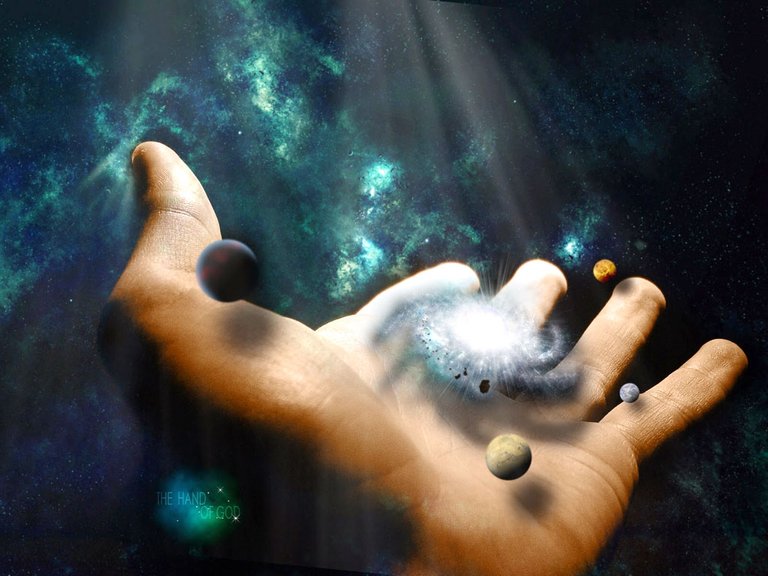Do We Still Exist? Have You Felt It?
Existence denotes the fact that something is - in contrast to what it is. The term existence is also used as an actual presence as opposed to a mere possibility. It is only in existential philosophy that the terms Existence are reserved for the characterization of the peculiarity of the human being compared to all other beings. The inclusion of the existential motif in other areas such as literature, theology, or pedagogy, but also the French variant of existential philosophy is referred to as existentialism.
Existence precedes essence, according to a dictum by Jean-Paul Sartre. By this, he means that mere existence is always given and that it is the task of humans to shape this being, to fill the material with meaning. Dreams, fears, and experiences make up your own essence.
What does that mean for architecture? It is important to find out what the existence and nature of the building should be. Location, size, position, materiality, the development of the inner and outer spaces, the essence of the object to be created is developed alongside the tangible structure. Everything is based on spiritual and cultural values, which are ultimately reflected in the designed space, breathing life into it alongside its pure existence.

Existentialism
Existentialism can be described as a radicalized philosophy of subjectivity. It is not about general statements of being but aims at freedom, individuality, self-reference, and the authenticity of the individual. Existential philosophy thematizes the everyday situation of the individual, but does not want to explain people empirically from the world or from history, but rather to develop the forms of their original self-being. The essence of man is freedom, but not in the sense of arbitrariness, but as taking responsibility for oneself, for one's own life and actions. Freedom arises from the indeterminacy and openness of the individual, from his structure of possibilities.The existence of man is no longer just a facticity, a given, but has been given up. Existence is the irreducible fact underlying all concrete historical and social framework conditions, the primal experience of having to be and able to do oneself. Fear, worry, despair, absurdity, finitude, and death become important existential-philosophical and existentialist topics, as existence can be experienced most directly in them.
Our everyday experience today can hardly be imagined without the existential philosophy. The compulsion to be free, to have to be yourself, to reinvent yourself every day, to bring your own capital to the market as an entrepreneur, the infinite possibilities and forms of self-realization, all of this exceeds the fantasy of the classic existential philosophers of the last century a multiple. In the 21st century, suffering from freedom is becoming more evident. When everything is possible, there are no longer any framework conditions or values that can be used as a guide.
The arbitrariness of postmodernism confronts architecture with unprecedented tasks. In addition to the lack of normative anchor points, modern technology has expanded the design options to such an extent that everything seems possible. But is this horizon of possibilities still manageable?

Exist
Martin Heidegger describes the special position of people with the term “Dasein”. The specificity of Dasein is its self-reference that its being is about its being itself. In everyday life, existence is mostly shaped by the social environment. It is not itself, but has adopted the inauthentic, alienated way of being of "one". The man relieves the individual of the decisions, relieves all responsibility and dictates how life is to be shaped. Only in the reflection on oneself, in the claim to want to be "oneself", can existence rise from inauthenticity.A real reflection on the concepts of existence, being or life is not necessarily in everyone's consciousness. How often do you give yourself the time or space to question your own existence, to get to the bottom of your being, to break through to authenticity? Superfluous, philosophical and remote from life. The well-known Swedish furniture company advertised for a long time with the slogan: “Are you still living or are you already alive?” In the context of the existential considerations, the question arises: “Do you still exist - or are you already alive?” Existence is mere existence, existence of matter. It is the task of humans to bring out their true being. This essence defines our personality, our understanding of values, our behavior and our togetherness.
If a building now stands, exists - when exactly does it start? From the first thought in the head of an architect or even from the first idea in the head of the client? Is an invisible existence already being created at this moment? It is undisputed that a building is more than just brick on brick with a roof and entrance. If we ascribe a being to architecture, then it behaves like it does with humans. It is shaped by living in, entering, using, changing its purpose through changes in function, losing power through disrespectful handling and shining in a new light through a new context. It is this more that defines good architecture. It enables life, home, security, exchange, communication, etc. The same applies to architecture: often it only exists without living.
Existential Fear
Albert Camus essay “The Myth of Sisyphus” focuses on the experience of the absurd. In the absurd, the world becomes questionable to man, it loses its meaning. This is connected with the experience of fear: everything that has been worn so far collapses. From the moment someone becomes aware of the absurdity, he is faced with the decision to avoid it by escaping into everyday life or by suicide - or to revolt against it and seize life as a constant revolution, a constant rebellion against his own indeterminacy. Sisyphus as the figure of the absurd is condemned by the gods to keep rolling a boulder up the mountain. Internal rebellion stands against the inescapable fate. The ability to consider one's own situation on the one hand makes one aware of the scope of the eternally meaningless activity, but at the same time opens up the possibility of despising one's own fate. The knowledge of his own hopelessness, which should cause his actual torment, at the same time completes his victory. With this, Camus can overcome fear.